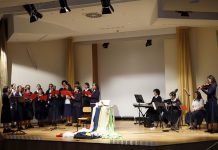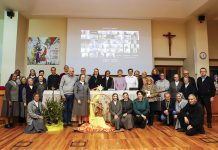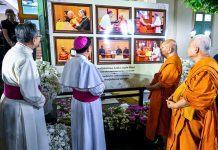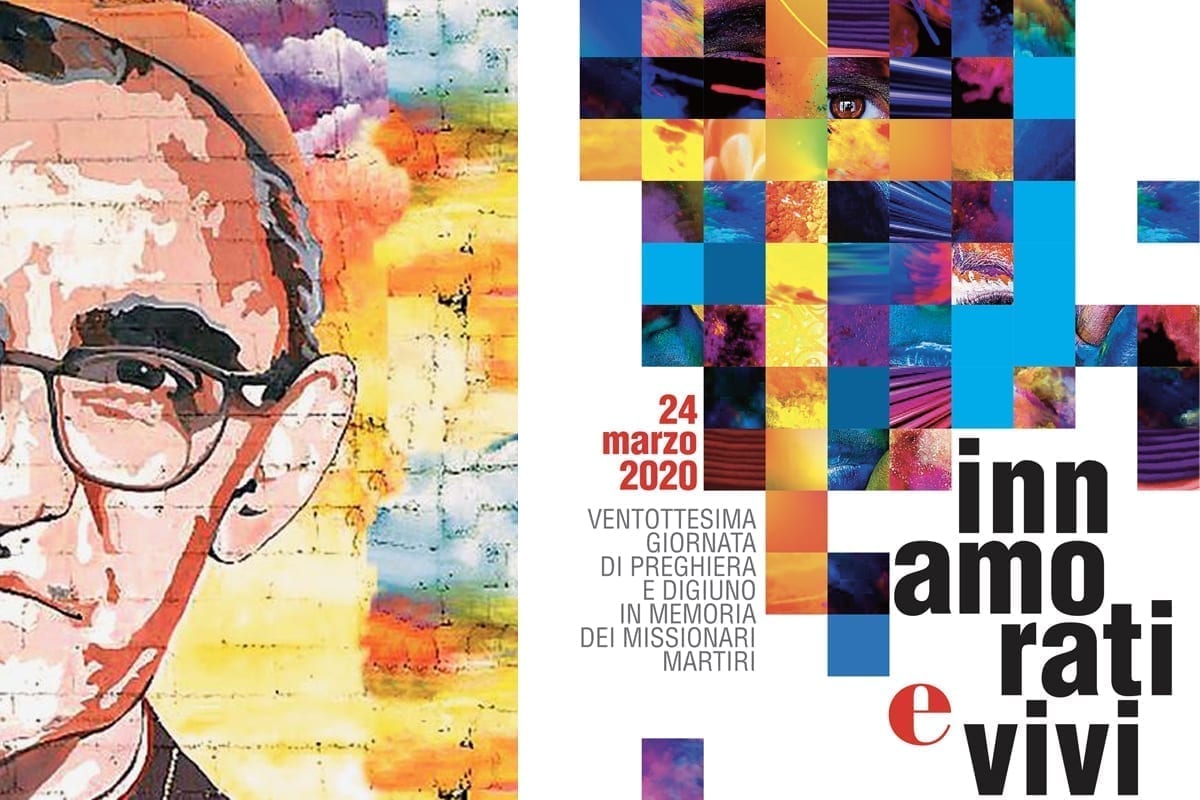Vatican City. On 3 May 2024, in the Paul VI Hall, more than 7000 students, formators, and operators of Professional Formation Institutions from all over Italy attended the special audience with Pope Francis. This meeting with the Holy Father has a particular significance, since it underlines the continuous commitment of FORMA and CONFAP in promoting a formation that not only transmits technical skills, but also the values of solidarity, social justice, and respect for human dignity.
The Italian Association of Professional Formation Bodies FORMA, composed of the main national bodies of Professional formation, which celebrates 25 years of activity, and the associated CONFAP, born among religious bodies 50 years ago at the behest of the Italian Episcopal Conference, embody a deep commitment to the promotion of Christian, human, and social values through professional formation.
During the audience, the students of the Professional Formation Centers presented the Holy Father with symbolic gifts resulting from the transformative value of professional formation. Some examples are wooden objects, a natural element that finds rebirth in the hands of students through artisanal works resulting in competence and skill: the doves made of wood, a symbol of peace, were presented to Pope Francis by a Ukrainian student. The picture “Fratelli Tutti” made from scraps of woodworking, is the result of the shared work of disabled students. The lamp with the double symbol of light and rebirth was made with the branches and trunks of the forest felled by the storm Vaia, which shocked the northeast of Italy between October and November 2018.
Pope Francis began his discourse by expressing his gratitude to the Religious Institutes, for their daily commitment to the service of young people, for the quality of cutting-edge training courses and, even more, for the integral formation proposal, “because in addition to the quality of the tools and teaching, you reserve special care and attention especially for young people who are on the margins of social and ecclesial life. Thank you for what you do; thank you to the formators who dedicate themselves passionately to young people.”
He then highlighted the words young people, formation, and profession:
“First of all, young people – you are many here! They are one of the most fragile categories of our time. Young people, always full of talents and potential, are also particularly vulnerable, both for some anthropological conditions and for different cultural aspects of the time in which we live.” Citing some problems, such as that of NEETs, young people neither in training nor in business, of those who emigrate to seek employment elsewhere, those who are underpaid or exploited. He urged them to “not lose sight of anyone” and “take charge” of those who feel rejected or excluded.
The Pope urged the adults to become aware that “educational and formative abandonment is a tragedy! Listen carefully, it is a tragedy. And, if we need to promote legislation that promotes the social recognition of young people, it is even more important to build a generational turnover where the skills of those who are leaving are at the service of those who enter the labor market. In other words, adults share the dreams and desires of young people, introduce them, support them, encourage them without judging them.”
The second word is formation, which indicates an indispensable commitment to generate the future. A commitment that translates into investment in resources and energy and to restore dignity to some jobs, especially manual, still socially unrecognized. “Good vocational formation is an antidote to early school leaving and a response to the demand for work in different sectors of the economy.”
Pope Francis also spoke of educational alliances, saying, “a good professional formation is not improvised. We need a link with families, as in any kind of educational experience; and we need a healthy and effective relationship with companies, willing to include young people in their midst.”
Profession is the third word: “The profession defines us. (…) Work is a fundamental aspect of our life and our vocation. Yet today we are witnessing a degradation of the sense of work, which is increasingly interpreted in relation to gain rather than as an expression of one’s own dignity and contribution to the common good. Therefore, it is important that the paths of formation are at the service of the global growth of the person, in its spiritual, cultural, and working dimensions”.
With great enthusiasm and emotion, the young people welcomed Pope Francis and listened to his words. A beautiful fruit tart – and certainly delicious – was prepared and donated to the Pope by the students and the CIOFS-FP Lazio, on behalf of the 1300 students and formators from all over Italy present in the Nervi room, among the 7000 total:
“In that cake we would have liked to write ‘Dear Pope Francis, we love you so much’… but it would have become even bigger. All that fruit put so well, colored, sweet, and full of flavor was really the image of all of us the young people of Professional Formation. Symbolically, the Pope ate a blackberry and appreciated our gift very much!”
Many traveled all night, yet the joy and emotion of being there at that very strong moment was greater than the fatigue. “It was the most beautiful day of my life,” said a student as she walked out of the room full of happiness.
The Audience was attended by the Minister of Education and Merit Giuseppe Valditara, who stressed the fundamental role of PF in the Italian socio-educational context. Also present was the President of the Episcopal Commission for Catholic Education, School and University, Msgr. Claudio Gioliodori and, the Minister of Labor Marina Elvira Calderone, through a message of wishes for the anniversary, confirmed her support as well.
The words of Pope Francis underline the importance of investing in PF, a commitment that FORMA E CONFAP promote throughout Italy with the Professional Formation Centers, social reference points and pivotal element between education and the world of work for the growth of every young person and for society as a whole according to the principles of equity, inclusiveness, and dignity.
























